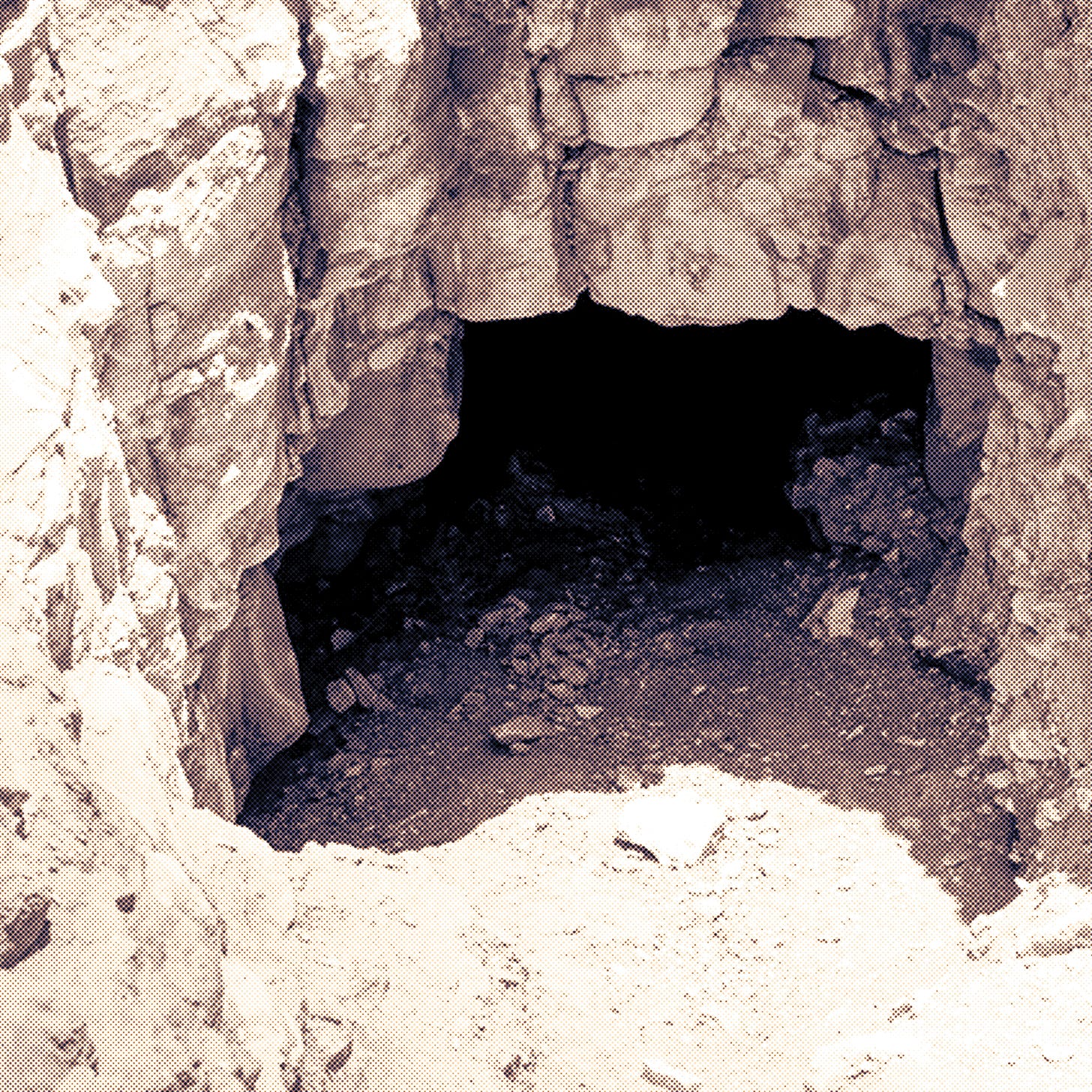In a time, once, when men knew the value of wheat, there was one among who was regarded as a fool. He was a kind man, hospitable enough that the townspeople, on their way home from the market, or with an hour or two to spare, would visit his home to listen to him speak, though he never had friends to visit him or family to console him.
He lived by the sea, the quiet sea, whose shores were volatile and unruly, that spit foam onto the rocks whenever the crabs would come to play and the seagulls to eat. Kings could be formed in these waves, the foam shaping men of renown if it so wished, choking up kingdoms in the moonlit hours. The fool lived atop a hillock, a sandy hillock, a rough sand made from the slow grinding of water against rock, so that, in the time when the fool resided there, there was a thin layer of sand to walk on, thin enough that the soles of ones feet could walk it comfortably. In enough time, however there might be enough sand to sink a small man, or a stray cat if it took the wrong way to the fish ponds.
His home was gifted to him by his father’s cousin, a well-to-do man who left the coast town on long sea voyages, and returned every seventh year by land. On that year, he would take up residence in the sea hut, and the fool would wander the inland brush, followed at a distance by disciples — students of instantiation who believed that something about the man was a breath of the divine, though they were not sure how to translate it, for their sacred scrolls were largely unreadable in those days when the sand was only a toe’s press deep.
The man would cry during the nights while watching the stars move, because he would befriend them when they rose, and by the time they would set he would loathe them for they knew all of his secrets. The crashing waves hid his secrets from the townspeople, but his cries could be heard even far into the inland brush.
There was an underground cistern in the town that had been abandoned by the townspeople years ago after a traveling visitor had happened upon a well spring while drilling, and the fool took over use of that old cistern for his water. He would come in the morning some days with a bucket, and fill it to the top, then not be seen near the cistern again for a week or two. The townspeople let him have the cistern, quite happily, because then they needn’t worry about their children or their sheep dogs getting stuck inside, for the man kept it nicely locked whenever he was not drawing from it.
As the man reached middle age, some of the townspeople wondered what it was that he would do if there was indeed something ever to be done by him. His disciples began to worry that he might be lost to the sea before he could perform what needed to be done by to bring about the new commands, for in those days, the seas had begun to rise up the shoreline and encroach on his home, and the sands began to deepen and the rocks recede.
On the seventh year, his cousin returned, and so he left for the inland brush. The townspeople rather liked the cousin, for he arrived in a caravan bringing a wealth of seeds and wine, and that night he would throw a great banquet in the town’s center, lighting on fire a great effigy in commemoration of his return.
The waters continued to rise, and when the first child was lost to its foam, panic spread among the townspeople. The disciples reduced themselves to pious wailers who rolled in the ashes of the burnt man, and they would call for the fool to return, but the sea’s winds never carried forth their cries. At the end of the seventh year, the cousin packed his caravan and left back for his town, but the man did not return to watch the home.
The stars continued their rising and falling in the sky and the crabs continued to play on the receding rocks, but the man never came to reclaim his homeland. The disciples continued to wail in the streets, covered in ashes, but no one followed their example.
On the seventh year the cousin did not return, nor did his caravan, nor did his burning idol. Sheep dogs began to wander into the brush and children into the sea, but there was no one to save them, for they were, until their dying breath, following the direction their hearts guided them towards. The well became dry and other, shallower, channels had to be dug.
On the seventh year the disciples were commissioned to clean the cistern and reopen it for the town. When they broke the seal of sand and dirt that covered its entrance they found the bones of the fool drifting in the waters, and divvied them up amongst themselves and left for the inland brush.
-caleb




